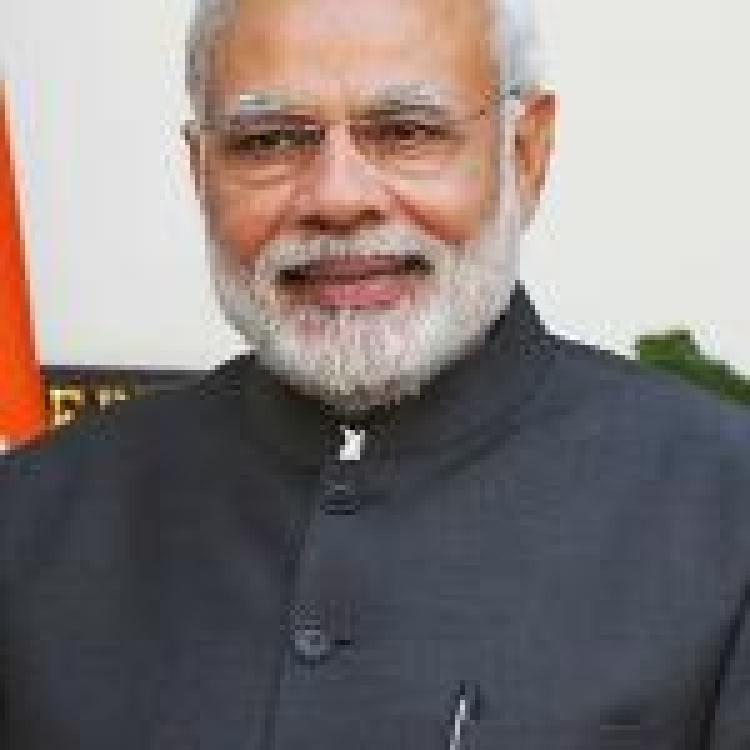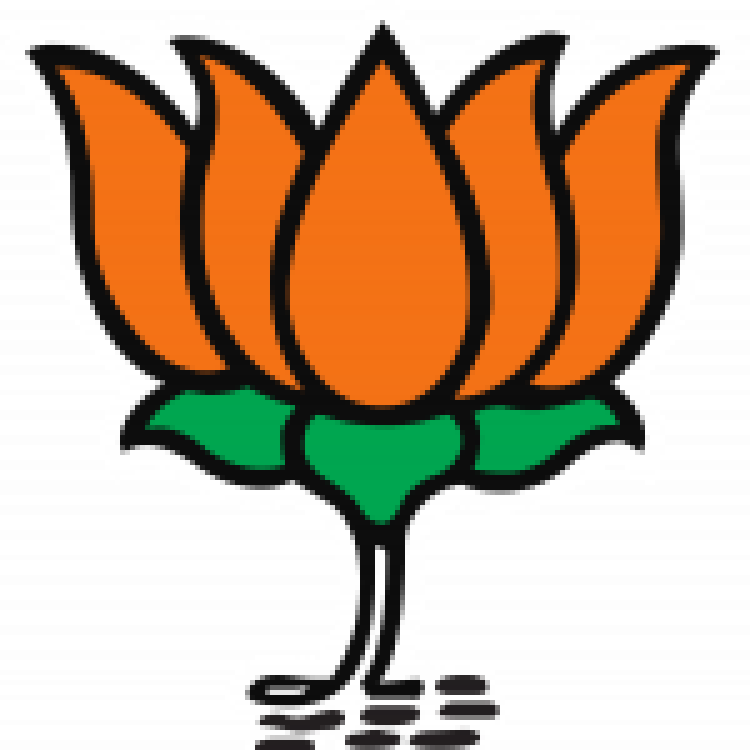<p>Human Rights Watch (HRW) has condemned India’s police force following an incident in Delhi in which dozens of masked men and several women, who claimed to be BJP supporters, stormed the Jawaharlal Nehru University (JNU) and went on a 3-hour rampage in which over 30 students and teachers were attacked.</p>
<p>This follows an instance on 15 December when police stormed Jamia Millia Islamia campus following protests against the Indian citizenship amendment. HRW reports that the police attacked students with <em>lathis </em>(long batons).</p>
<p>Videos of the incident at the JNU showed police standing by and allow assailants carrying iron rods to leave the campus unquestioned. The police also failed to act when the mob gathered at the gates of the university and attacked journalists and an activist.</p>
<p>HRW also reports a mob which attacked an ambulance which attempted to enter the campus and care for the injured.</p>
<p>The JNU has a proud history of progressive education which has cherished the liberal foundations of India. BJP supporters have long accused the JNU of treachery and have harassed students. HRW notes that student union elections are often bitterly opposed between the ABVP, a student group aligned with the BJP, and student groups which are more left leaning.</p>
<p>Meenakshi Ganguly, HRW South Asia director, stated;</p>
<blockquote><p>
“All too often police in India use excessive force and arbitrarily arrest peaceful critics of the government, but are derelict in their duty to maintain law and order when violent ruling party supporters are involved.”
</p></blockquote>
<p>She further maintained;</p>
<blockquote><p>
“The Indian government has an obligation to ensure that the police act in an impartial manner according to law,” Ganguly said. “Unchecked partisan behavior by the police will only end up making the force more political, communal, and unaccountable.”
</p></blockquote>
<p>Read Human Right Watch’s full statement here.</p>
We need your support
Sri Lanka is one of the most dangerous places in the world to be a journalist. Tamil journalists are particularly at threat, with at least 41 media workers known to have been killed by the Sri Lankan state or its paramilitaries during and after the armed conflict.
Despite the risks, our team on the ground remain committed to providing detailed and accurate reporting of developments in the Tamil homeland, across the island and around the world, as well as providing expert analysis and insight from the Tamil point of view
We need your support in keeping our journalism going. Support our work today.




